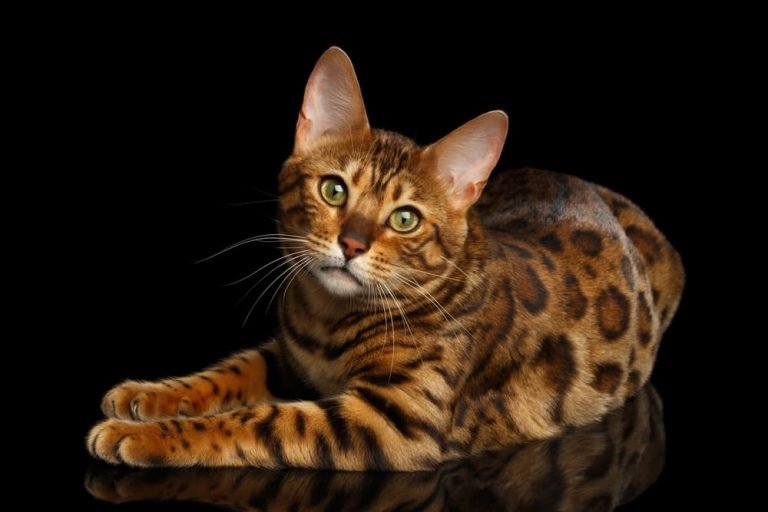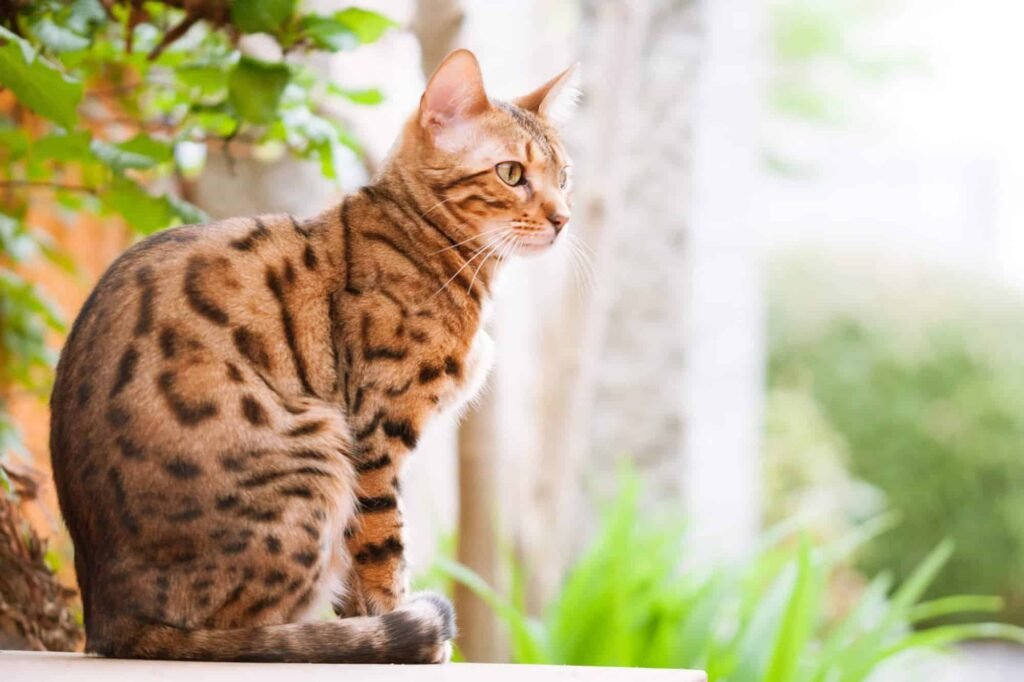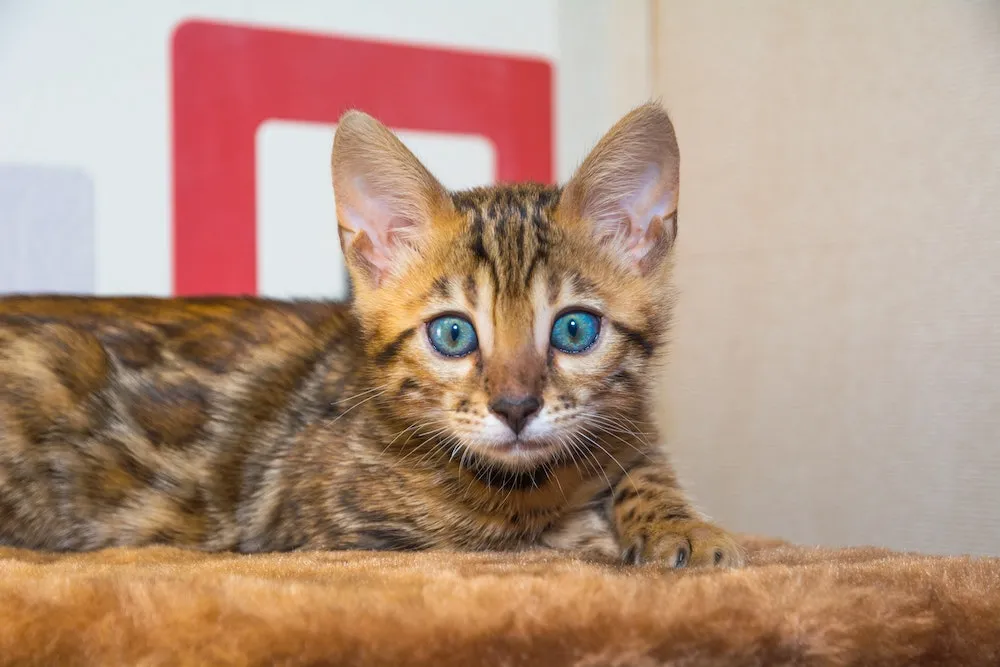Welcome to the world of Bengal cats! If you’re considering adding one of these exotic beauties to your family, you’re in for a wild and wonderful journey.
In this comprehensive guide, we’ll delve into everything you need to know about Bengal cats before bringing one home.
From their fascinating history and unique personality traits to care tips and potential challenges, we’ve got you covered. Let’s embark on this adventure together!

Chapter 1: The Origin and History of Bengal Cats
1.1 The Beginnings of Bengal Cats
Bengal cats are a relatively new breed, originating from the crossbreeding of domestic cats with the Asian Leopard Cat.
This hybridization effort, led by breeder Jean Mill in the 1960s, aimed to create a domestic cat with the striking appearance of a wild leopard.
1.2 The Evolution of Bengal Cats
Through careful breeding and selection, Bengal cats have evolved into the majestic and unique breed we know today.
While they retain some of the wild traits of their ancestors, Bengal cats are primarily domesticated and make loving companions.
Chapter 2: Understanding Bengal Cat Personality Traits
2.1 The Adventurous Spirit of Bengal Cats
Bengal cats are known for their energetic and playful nature.
They thrive on interaction and stimulation, so be prepared to provide plenty of toys, climbing structures, and engaging activities to keep them entertained.
2.2 The Affectionate Side of Bengal Cats
Despite their wild appearance, Bengal cats are affectionate and social creatures that form strong bonds with their human companions.
They often enjoy cuddling and will happily follow you around the house to be near you.

Chapter 3: Bengal Cat Care Tips
3.1 Providing the Right Environment
Bengal cats are active climbers and jumpers, so it’s essential to create a stimulating environment with plenty of vertical space and opportunities for exploration.
Invest in sturdy cat trees and provide perches near windows for birdwatching.
3.2 Grooming and Hygiene
Bengal cats have short, dense coats that require minimal grooming.
Regular brushing helps remove loose fur and reduces shedding.
Additionally, make sure to keep their litter box clean and provide fresh water and high-quality cat food to support their overall health.
Chapter 4: Potential Challenges of Bengal Cat Ownership
4.1 High Energy Levels
Bengal cats are known for their high energy levels and need for mental and physical stimulation.
Without adequate outlets for their energy, they may engage in destructive behaviors like scratching furniture or excessive meowing.
4.2 Vocalization
Some Bengal cats are more vocal than others and may express themselves through meowing, chirping, or other vocalizations.
While this can be endearing, it’s essential to address excessive vocalization with positive reinforcement training to ensure harmony in the home.
Conclusion:
Bringing home a Bengal cat can be a rewarding and fulfilling experience for cat lovers seeking a unique and engaging companion.
By understanding their history, personality traits, and care needs, you’ll be well-prepared to welcome your new furry friend into your home and enjoy many years of love and companionship.

FAQs:
1. Are Bengal cats good with children and other pets?
Bengal cats can get along well with children and other pets when properly socialized from a young age.
Supervision and positive reinforcement training are essential to ensure peaceful coexistence.
2. Do Bengal cats require a lot of exercise?
Yes, Bengal cats are highly active and require plenty of mental and physical stimulation to stay happy and healthy.
Providing interactive toys, puzzle feeders, and regular play sessions can help fulfill their exercise needs.
3. Are Bengal cats prone to any health issues?
While Bengal cats are generally healthy, they may be prone to certain genetic conditions such as hypertrophic cardiomyopathy (HCM) and progressive retinal atrophy (PRA).
Regular veterinary check-ups and genetic testing can help detect and manage any potential health issues.
4. Do Bengal cats enjoy water?
Many Bengal cats have a fascination with water and may enjoy playing with running faucets or even swimming.
However, not all Bengals share this trait, so it’s essential to introduce water gradually and gauge your cat’s interest and comfort level.
5. How long do Bengal cats typically live?
With proper care and nutrition, Bengal cats can live between 12 to 16 years or even longer.
Providing a healthy diet, regular veterinary care, and a stimulating environment can help ensure a long and happy life for your Bengal companion.

